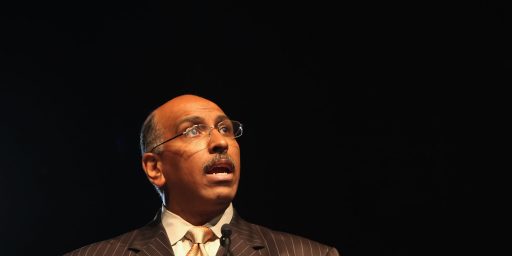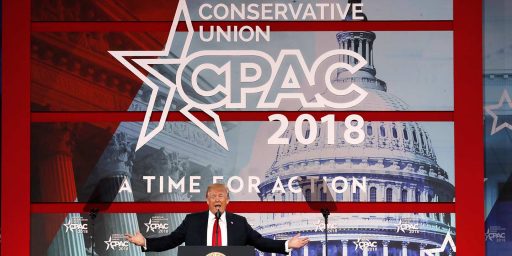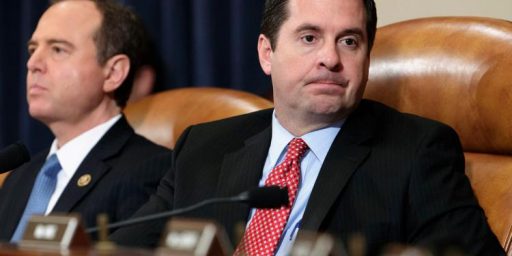Court Rules in Favor of Anonymous Blogger
Court Rules in Favor of Anonymous Blogger (AP)
In a decision hailed by free-speech advocates, the Delaware Supreme Court on Wednesday reversed a lower court decision requiring an Internet service provider to disclose the identity of an anonymous blogger who targeted a local elected official. In a 34-page opinion, the justices said a Superior Court judge should have required Smyrna town councilman Patrick Cahill to make a stronger case that he and his wife, Julia, had been defamed before ordering Comcast Cable Communications to disclose the identities of four anonymous posters to a blog site operated by Independent Newspapers Inc., publisher of the Delaware State News.
In a series of obscenity-laced tirades, the bloggers, among other things, pointed to Cahill’s “obvious mental deterioration,” and made several sexual references about him and his wife, including using the name “Gahill” to suggest that Cahill, who has publicly feuded with Smyrna Mayor Mark Schaeffer, is homosexual.
In June, the lower court judge ruled that the Cahills had established a “good faith basis” for contending that they were victims of defamation and affirmed a previous order for Comcast to disclose the bloggers’ identities. One of the bloggers, referred to in court papers only as John Doe No. 1 and his blog name, “Proud Citizen,” challenged the ruling, arguing that the Cahills should have been required to establish a prima facie case of defamation before seeking disclosure of the defendants’ identities.
The Supreme Court agreed, reversing and remanding the case to Superior Court with an order to dismiss the Cahills’ claims. “Because the trial judge applied a standard insufficiently protective of Doe’s First Amendment right to speak anonymously, we reverse that judgment,” Chief Justice Myron Steele wrote.
Steele described the Internet as a “unique democratizing medium unlike anything that has come before,” and said anonymous speech in blogs and chat rooms in some instances can become the modern equivalent of political pamphleteering. Accordingly, a plaintiff claiming defamation should be required to provide sufficient evidence to overcome a defendant’s motion for summary judgment before a court orders the disclosure of a blogger’s identity.
“We are concerned that setting the standard too low will chill potential posters from exercising their First Amendment right to speak anonymously,” Steele wrote. “The possibility of losing anonymity in a future lawsuit could intimidate anonymous posters into self-censoring their comments or simply not commenting at all.”
An interesting ruling. While I think bloggers should have every protection of any other medium, we should have no more. The fact that one is engaging in “press” is no license to defame others.






“While I think bloggers should have every protection of any other medium, we should have no more. The fact that one is engaging in “press” is no license to defame others.”
Whatever, Gaymes.
I agree with your comments on the extension of self protection privileges to bloggers.
In this vein, I wrote Senators Warner, Allen and Representative Wolf emphasizing my support in furnishing bloggers with the same privileges extended to MSM columnists, reporters and other miscellaneous nogoodniks.
Courtesy is lacking in my Congressional delegation as no one replied. After a second missive to Senator Allen I received what I would describe as a kiss off reply.